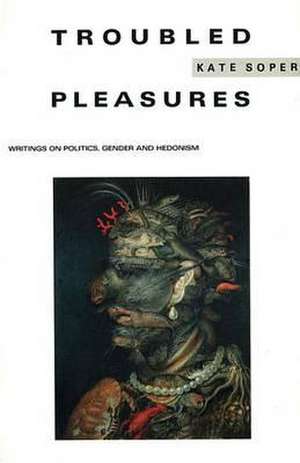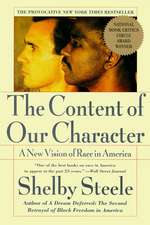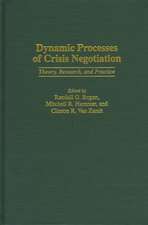Troubled Pleasures: Writings on Politics, Gender and Hedonism
Autor Kate Soperen Limba Engleză Paperback – 16 noi 1990
Troubled Pleasures considers the ways in which modern pleasure is fraught with unhappy implications, at the same time as contemporary critical arguments put into question the touchstones of identity, morality, subjectivity and desire. It brings together writings which explore the sources of pleasure’s ‘loss of innocence’, and which argue the case for a scrupulous ‘alternative hedonism’. Including essays on human needs, socialism and gender, a feminist response to Joyce’s Ulysses, and a fictional reflection on appetite and excess, Troubled Pleasures plots an Epicurean path between righteous asceticism and conspicuous consumption.
Preț: 204.72 lei
Nou
Puncte Express: 307
Preț estimativ în valută:
39.18€ • 41.20$ • 32.73£
39.18€ • 41.20$ • 32.73£
Carte tipărită la comandă
Livrare economică 08-22 ianuarie 25
Preluare comenzi: 021 569.72.76
Specificații
ISBN-13: 9780860915362
ISBN-10: 0860915360
Pagini: 302
Dimensiuni: 152 x 232 x 21 mm
Greutate: 0.46 kg
Editura: Verso Books
Colecția Verso
ISBN-10: 0860915360
Pagini: 302
Dimensiuni: 152 x 232 x 21 mm
Greutate: 0.46 kg
Editura: Verso Books
Colecția Verso
Notă biografică
Kate Soper teaches philosophy and cultural theory at the University of North London. Her previous works include On Human Needs, What is Nature? Culture, Politics and the Non-Human and, with Verso, Troubled Pleasures.
Recenzii
“Kate Soper’s dedicated, deeply intelligent writing is bravely in the service of human emancipation.”—Terry Eagleton
“With enviable clarity and passionate commitment Kate Soper tackles today’s central issues and challenges postmodern scepticism, old Marxist certainties and new feminist fundamentalisms.”—Lynne Segal
“With enviable clarity and passionate commitment Kate Soper tackles today’s central issues and challenges postmodern scepticism, old Marxist certainties and new feminist fundamentalisms.”—Lynne Segal











